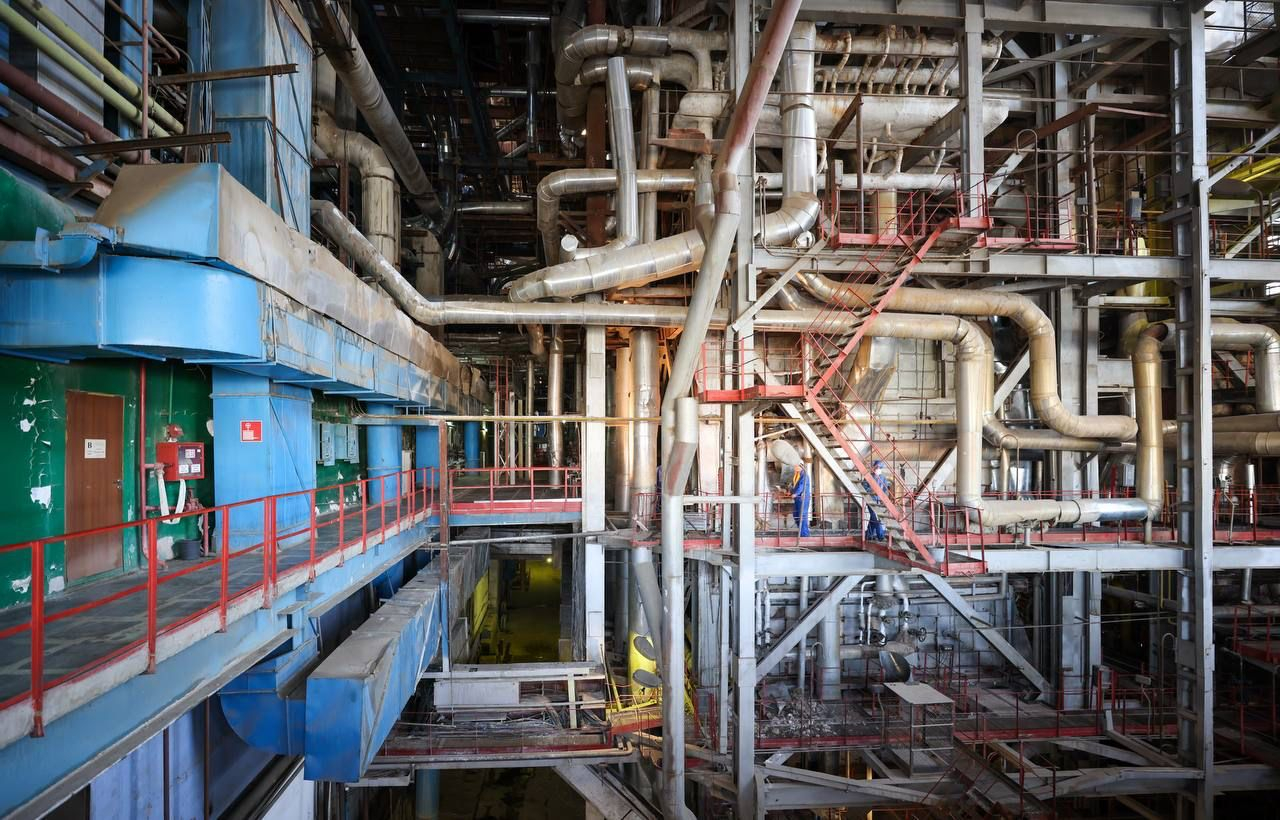An officer of the National Security Committee was sentenced to 10 years in prison for the manslaughter of a Taldykorgan resident during his detention in January 2022. Almas Mukashev had been arrested on January 8 in connection with urban disorders amid Qandy Qantar (Kazakh for “Bloody January”, the protests that spread across the country last year). During his detention, he was tortured to death. Human rights advocates have called “pervasive” the use of torture during Qandy Qantar.
A fire burned down around 20 hectares of forest in the north-eastern Abai region on July 15, just weeks after a massive fire rampaged in the same area, killing 14 emergency workers. More than 70% of the equipment at the Semey Ormany national park is worn out, according to the regional government.
President Kassym-Jomart Tokayev visited Jeddah, in Saudi Arabia, on July 20 to attend the Gulf Cooperation Council-Central Asia Strategic Dialogue high-level meeting. In his speech, Tokayev pledged to widen the scope of mutual trade between the two regions and invited businesses to make use of Kazakhstan’s own mechanisms for investment.
The ministry of energy said that several factors contribute to Kazakhstan complying with the OPEC+ oil production cap, including accidents. For years, OPEC+, a group of oil exporting countries, has set country production targets in an effort to keep oil prices high. An accident at a major power plant at the beginning of July slowed down operations at several oil fields in the west of the country and led to a 21% drop in Kazakhstan’s daily oil production.
The government said on July 19 it allocated 4.9 billion tenge ($11 million) for repairs at the MAEK power plant, which shut down on July 3 after an accident. The breakdown caused a blackout throughout the Mangistau and Atyrau regions and affected oil production as well as the Atyrau refinery.
The overhaul of the Shakhtinsk power plant in central Kazakhstan is significantly behind schedule, the ministry of energy said on July 18. The following day, the governor of the Karaganda region said that, besides Shakhtinsk, the Temirtau power plant is also in dire need of significant repairs. In the neighboring Ulytau region, the Zhezkazgan power plant shut down on July 13 due to weather conditions, the ministry of energy said in a statement the next day.
A celebratory video of repairs at the Ridder power plant in East Kazakhstan that had broken down last winter cost the regional administration 15 million tenge ($33,500), media reported on July 20. Earlier, the regional administration said it allocated around 10 billion tenge ($22 million) for key repairs at the plant.
Between July 19-20, the Anti-Corruption Agency arrested the heads of the department of emergency situations at the Zhetysu regional administration and Shymkent. An official at the ministry of emergency situations was also detained. They are accused of corruption.
Taking into account net investment flows, around $20 billion have been sent out of Kazakhstan in the past five years, Halyk Finance research showed on July 18. The report criticized the Central Bank data, which constantly shows gross inflows of investment, without accounting for re-investment.
On July 21, a court in Almaty sentenced businessman Orifjan Shadiev to 1.5 years in prison for abuse of power at AsiaCredit Bank, a financial institution he had bought through his loss-making Capital Bank. In January, the Supreme Court ordered that Shadiev returned 15.7 billion tenge (around $34 million) that the Central Bank had loaned to Capital Bank in 2017. Both Capital Bank and AsiaCredit Bank no longer operate.
On July 21, the Supreme Court in Astana dismissed an appeal filed to give the status of “protected area” to at least three out of seven lots of the Malyi Taldykol system of lakes in the capital. The decision restores an early court sentence that only allows for one lot to be protected from rapidly-developing real estate construction works, which has contributed to the drying up of the lake system. Activists of the SOS Taldykol movement have argued that construction should be stopped and the whole lake system should be restored and protected.
Four Kyrgyzstan-based companies were put in the US sanctions list for exporting electronic components to Russia on July 20. Earlier, a Washington Post article had said US officials could be preparing “new economic measures to pressure [Kyrgyzstan] to halt trade” with Russia of sanctioned goods. In light of recent scandals on the sale of dual-use products that could reach the frontline of Russia’s war in Ukraine, US officials have also visited Kazakhstan in recent months.
Поддержите журналистику, которой доверяют.








